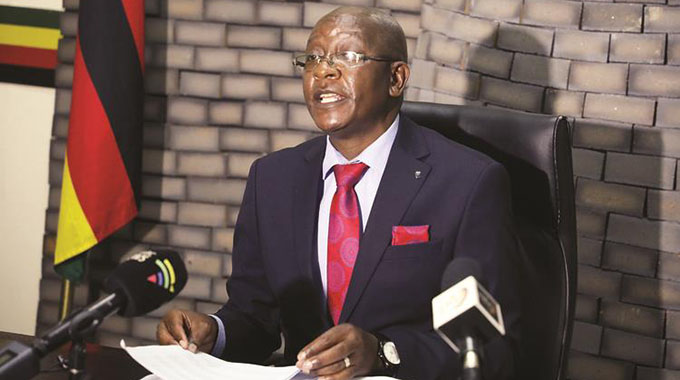Tobacco planting in full swing

Elita Chikwati
Senior Reporter
Irrigated tobacco planting is in full swing in most areas, with over 67 000 growers already registered by the Tobacco Industry and Marketing Board (TIMB) for the current season.
The bulk of the farmers who have an irrigated crop are contracted growers who rely on companies for inputs and technical expertise.
Tobacco Association of Zimbabwe president, Mr George Seremwe confirmed that farmers had started transplanting tobacco from the seedbed to the field.
Irrigated tobacco planting starts on September 1 every year. He said there were no major challenges since most of the irrigated tobacco farmers were funded through contracts.
“There is a lot of activity in most tobacco growing areas as farmers are transplanting their crop. It is, however, worrisome that there has been a decline in the number of registered farmers for the 2020-21 season when compared to last season,” he said.
According to TIMB statistics, 67 862 farmers have so far registered to grow tobacco next season compared to 166 950 in the same period last year.
The 59 percent decline in registration has been attributed to challenges faced by farmers during the past two marketing seasons.
Mr Seremwe said farmers made informed decisions and the trend showed tobacco growers were considering other high value options such as horticulture.
“There is need to address the challenges being faced by farmers to encourage them to produce tobacco. Payment modalities should be improved so that farmers are not inconvenienced,” he said.
During the 2018-19 season, tobacco farmers experienced payment challenges as banks did not have enough money while others could not access their foreign currency.
Last year, farmers complained over the fixed exchange rate which was pegged at 1:25 but was later reviewed to restore viability in the sector. Zimbabwe National Farmers Union vice president, Mr Edward Dune, said tobacco planting was underway but said it had been affected by water shortages as a result of drought.
“A slight decrease of irrigated crop is evident due to limited water supply but a remarkable increase of dryland tobacco is very likely.
“The Covid-19 pandemic has had a greater negative effect in Brazil than here in Zimbabwe, hence farmers must naturally take advantage of that and produce more quality leaf,” he said.
Tobacco Research Board general manager, Dr Dahlia Garwe, said they have not released new varieties this season but urged farmers to be wary of aphids to reduce the potato virus Y (PVY) disease in tobacco.
PVY is a viral disease that has the potential to wipe out the whole crop. It had been under control for some years, but due to the failure by farmers to adhere to strict regulations of destroying stalks and crop residues, the disease has since resurfaced.
Dr Garwe said the current season is expected to be wetter, and there could be an upsurge of aphids, and farmers should adhere to regulations to avoid the resurgence of PVY.
“PVY remains a big concern because farmers are not destroying tobacco stalks or they are doing so incorrectly and in the end there are regrowth. Farmers should apply aphicides from the start. Only good management and stalk destruction will help in preventing PVY,” she said.
Early and complete destruction of tobacco stalks is effective in reducing carry-over of diseases and pests. Growers are also urged to observe the planting dates, transplanting and destruction of seedbeds. The earliest date for sowing seed is June 1, while the earliest date for transplanting is September 1.
All seedbeds are expected to have been destroyed by December 31 every year.
Tobacco production has been on the increase for the past years. The availability of other lucrative crops has seen some farmers diversifying.








Comments